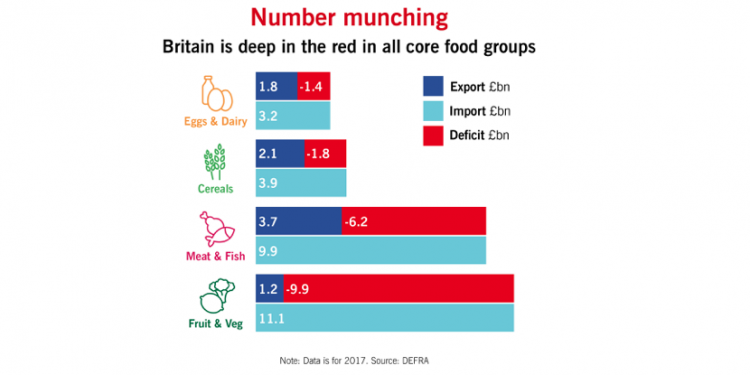This Prospect magazine feature on food security in Britain explores whether it is safe to leave Britain’s food system to the vicissitudes of the market…
Along with public health and economic impact, the question of how we feed ourselves has become the third great meta-issue of this crisis. Is it good enough to leave the fate of vulnerable people to the vicissitudes of the market, and the goodwill of a handful of retailers—or are empty shelves and bare cupboards problems that demand co-ordination at the national level? When did the British government abdicate responsibility for “feeding the nation,” and let the supermarkets take over from the state? When it comes down to it, who is in charge of our food security?
The resilience of our food systems has been an issue for as long as governments have existed—protecting supplies and imports was, for example, one of the fundamental duties of the Ecclesia of ancient Athens. And no wonder. Being sure you can feed civilians has always been a (literally) vital consideration. This is true in good times as well as bad, but public health crises and wars serve to sharpen the focus.
Coronavirus has revealed that our own food system is “risky, over-stretched, and much more fragile than you’d think,” says Tim Lang, professor of food policy at City University and author of Feeding Britain, published with perfect timing in March. It’s a situation he argues has its roots in centuries of imperial complacency. “The assumption was always that the empire would provide. We still haven’t got over the idea that someone else will feed us—we saw it with Michael Gove and Liam Fox in the EU referendum campaign: don’t worry, Africa or America will feed us. It’s incredibly cavalier.”























